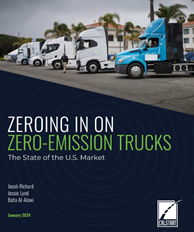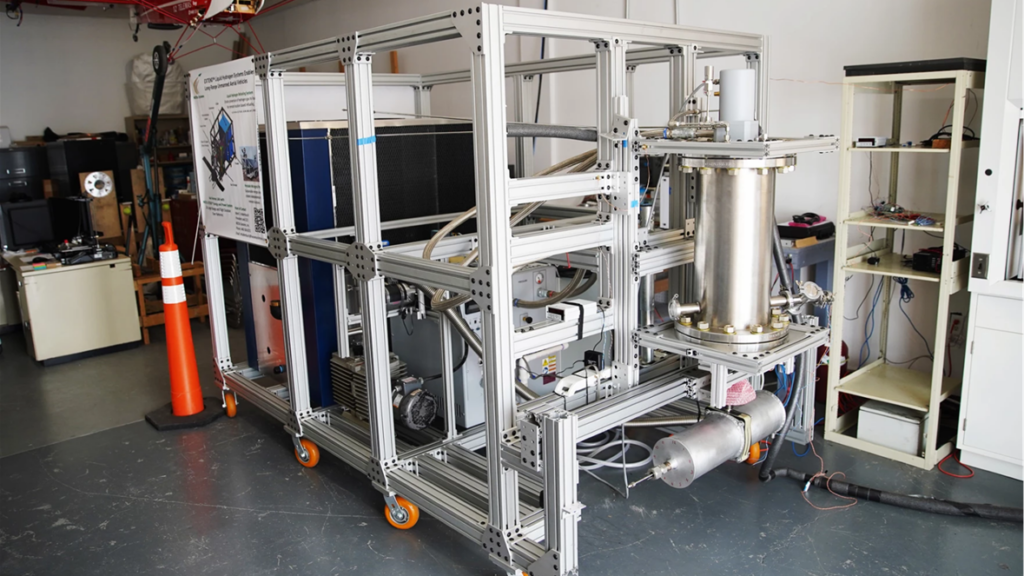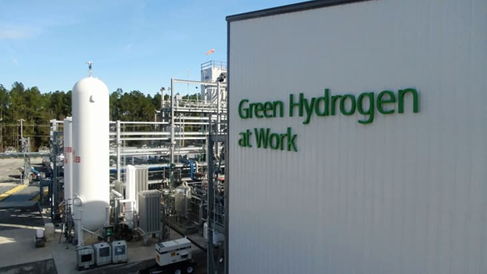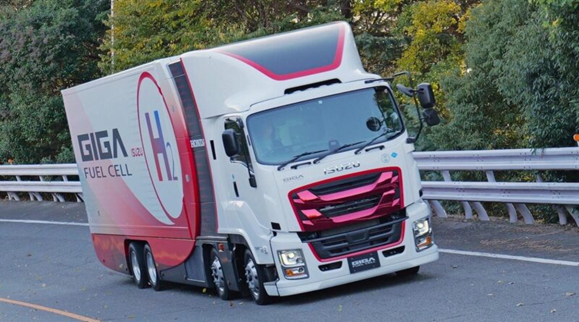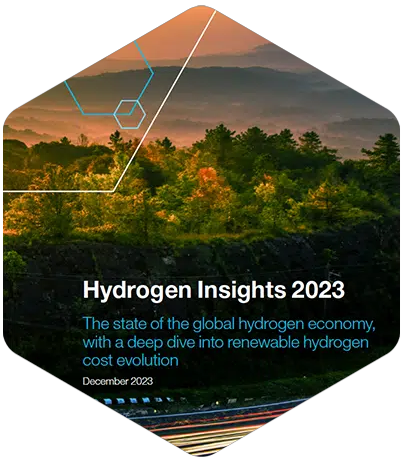ZEROING IN ON ZETS – January 2024 Update
The fourth publication in CALSTART’s Zeroing in on Zero-Emission Trucks series, this update highlights the continued increase in medium- and heavy-duty (MHD) zero-emission truck (ZET) deployments in the United States. Providing a concise and current snapshot of the dynamic U.S. MHD truck market (Class 2b–8), it presents deployment statistics for ZETs and characterizes the existing U.S. MHD truck market as of June 2023.
ZEROING IN ON ZETS – January 2024 Update Read More »

